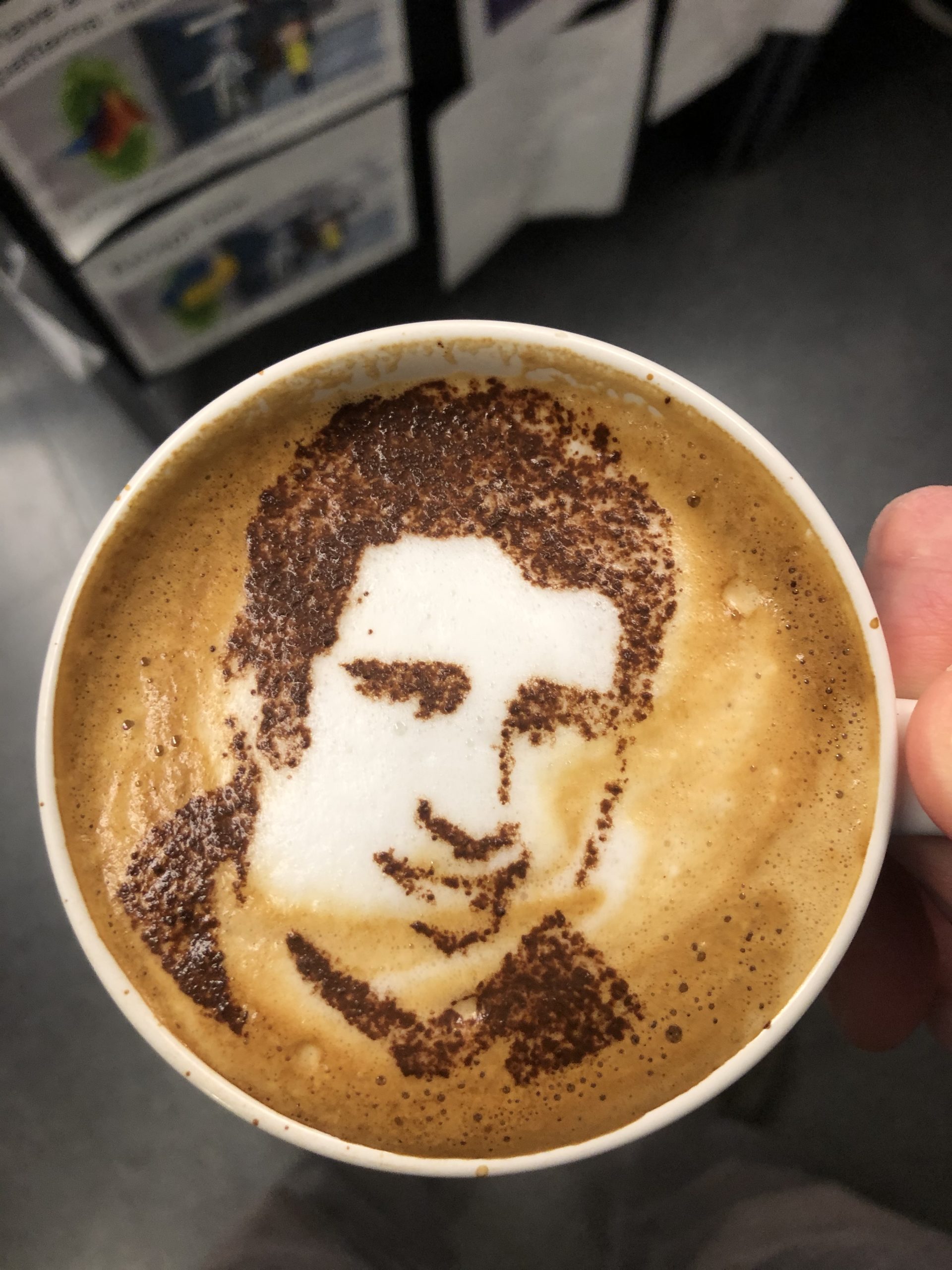
Faculty Spotlight: Professor Andrew Minor
Where did you study?
I grew up in the bay area and then I went to college at Yale University in Connecticut. Having done my time back east, I was happy to come back west for graduate school at Cal, and have been here ever since. . .
Describe one of your current research topics, why it is important, what you have already achieved, and what you hope to achieve in the near future.
My research group works mainly in two fields, metallurgy and electron microscopy. I truly feel that it’s an exciting time to be working in both of these fields. In metallurgy, we have fantastic new tools and I get to work with outstanding colleagues with expertise in theory and computational methods that let us do research on fundamental problems related to strength, ductility, fracture and mechanics in extreme environments. Lately, we have been looking at some old problems in metallurgy from a new perspective. For instance, we have been studying the phenomenon of short range order (SRO), where the length scales involved (~1 nm) is exactly where theory and experiments converge. We recently demonstrated the effect of SRO with regards to the phenomenon of ‘electroplasticity’, a truly old problem in metallurgy we are revisiting with new tools and methods. At the National Center for Electron Microscopy at LBL we have a talented staff that has been at the forefront of working with new, fast detector technology that enable novel modes of imaging for materials. We currently have the fastest electron camera in the world (87,000 frames/second), optimized for materials science experiments and are working on the next generation already. These detectors produce enormous amounts of data (3 TB/min) and dealing with that kind of data rate in a meaningful way is another interesting area of research in itself. Lastly, I am working on the development of a new type of electron microscope where we would use superconducting lenses and sources to examine quantum materials at atomic resolution at cryogenic temperatures (1K is the goal). This project represents the benefit of working simultaneously at a university and national lab (LBL)- as it is really only possible through team science where experts from many different fields work on a common goal together.
When you are not teaching, what do you enjoy doing in your free time?
Well, I feel like I have a lot of fun hobbies (cooking, basketball, tennis, skiing, camping, playing guitar) , but I also have 3 kids, which means some of these hobbies are more in the aspirational stage. We have a new dog in the house now too, which means I can often be found at the local dog park calling for my dog to come back and get his treat.
